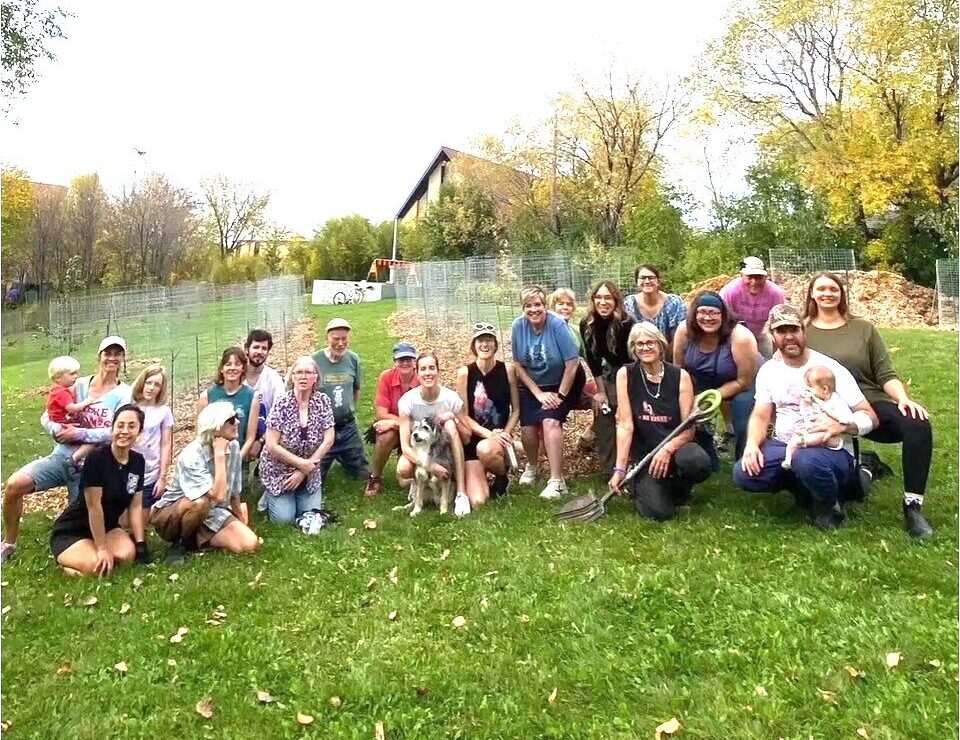Local Journalism Initiative Reporter
As a housing crisis sweeps across most of Canada, local organizations are looking for new models for creating and sustaining affordable housing.
“There’s a recognition that we need to focus on preservation and repair of the housing that we have,” Hodges says. “There’s a willingness to support projects that aren’t just creating new units.”
One potential solution on the horizon is being developed by West Broadway Community Organization (WBCO) through their community land trust (CLT). This project is designed ensure that rents in the neighbourhood remain affordable and value generated from housing is reinvested into the community.
Community land trusts (CLT) can operate under a variety of models, but their primary objective is to acquire and steward land for communities.
CLTs purchase land and assets which are run through membership and a community board. By placing control into the hands of communities, CLTs allow neighbourhoods to focus on long-term planning and land stewardship. This means not only acquiring, but also managing and developing land within a neighbourhood in a way that fits local needs while keeping the equity in the community.
Stefan Hodges, WBCO’s Housing Coordinator, is spearheading the project and says that CLTs are having a resurgence across Canada.
“It’s becoming a popular strategy across Canada for affordable housing,” Hodges says.
There has been much success with land trusts in Vancouver, Toronto and Halifax. However, the model has yet to find footing in the Prairies.
“There aren’t a whole lot of examples of land trusts across the Prairies,” Hodges says. “So, we want to approach it carefully and do it as right as possible. And, if we can do that, I think that it’ll really establish a case for community acquisition of private rental housing.”
Hodges is being careful about the initiative as this is not WBCO’s first land trust. The organization created a CLT in the 2000s, but due to a sudden rise in rents and an unsustainable model, it collapsed.
In light of the organization’s previous struggles, WBCO has been dedicated to researching the past, why it did not work, and developing a new model which can forefront sustainability.
Despite the lack of examples in the Prairies, Hodges says that other Canadian land trusts and the Canadian Network of Community Land Trusts have been lending mentorship and guidance as the project develops.
West Broadway contains a valuable supply of affordable rooming houses, which is slowly depleting as many of their landlords begin to retire.
WBCO hopes that a CLT could act as an asset to decolonization allowing Indigenous community members a say on land and stewardship in the neighbourhood.
“One of the most important things for the land trust in Winnipeg is going to be thinking about treaty relations and how a land trust can contribute to decolonization.”
However, without many examples of Indigenous led governance in Canadian CLTs, Hodges says “that’s something that is really going to have to be developed at the local level.”
WBCO will be hosting monthly engagement sessions with the first on Dec. 5th as well as weekly informal coffee houses on Tuesdays from Dec. to Mar. to discuss the trust with community members.

